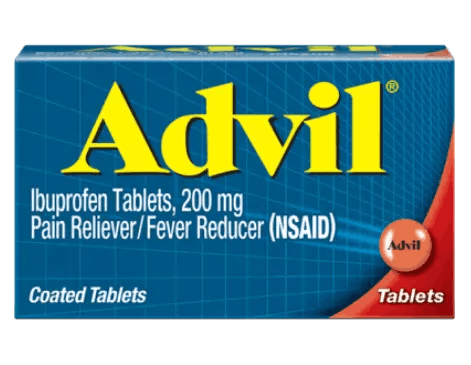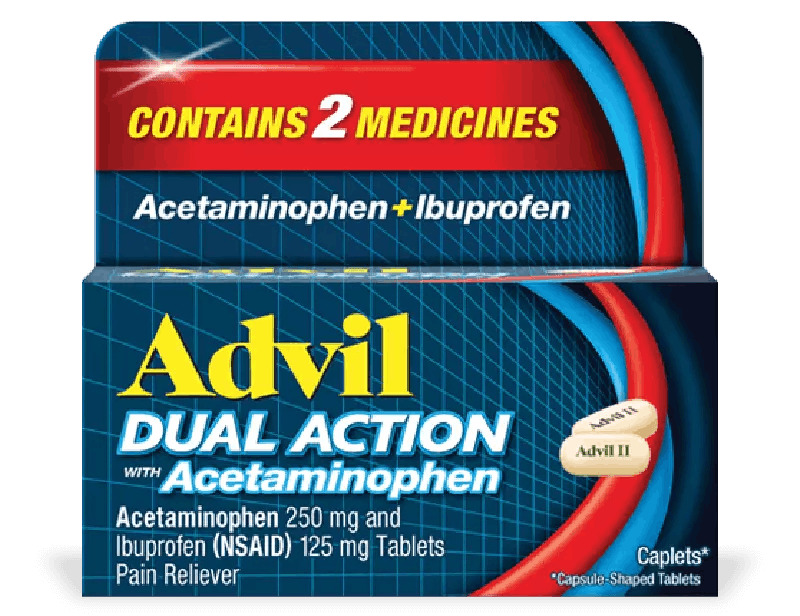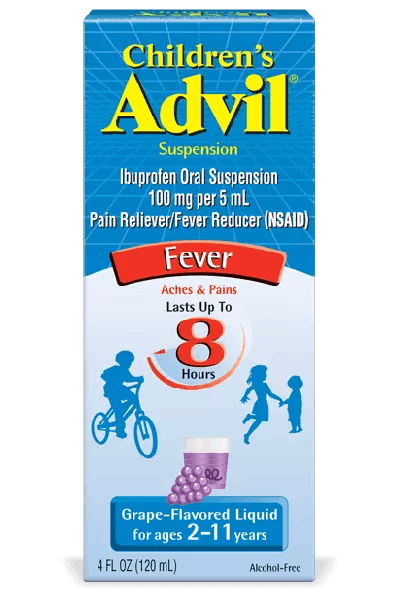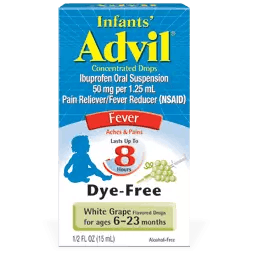Children's Advil FAQs
Find answers to your questions about Advil Children's.
Products
Fever
Interactions
Side Effects
Dosing
General
By clicking the link(s) above, you will be taken to an external website that is independently operated and not managed by Haleon. Haleon assumes no responsibility for the content on the website. If you do not wish to leave this website, do not click on the links above.







